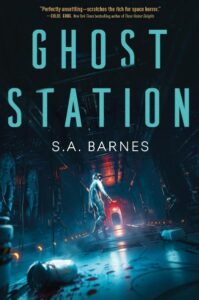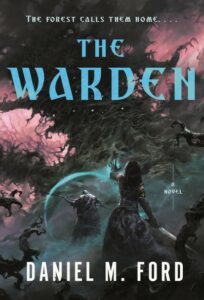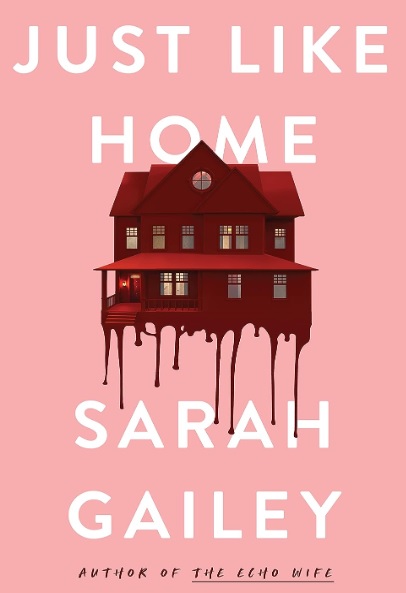Stars: 2.5 out of 5.
I come to the conclusion that I don’t like how this author writes her protagonists. I had that problem with her previous book, and it’s even worse in this one. Ophelia is a horrible person, at least in my opinion, and instead of punishing her for her shortcomings and making her grow up and become a better human being, the author rewards her for them.
I mean who you have a protagonist that LIED about her past to get the job she has now. Mind you, this job is to help people suffering from a psychological condition that can make them violent and delusional. Moreover, this is a condition Ophelia is very familiar with because her father had it… yes, that’s the part she lied about. Oh, and she also has PTSD from her experience with things her father did, and a plethora of other psychological issues herself, yet she thinks she can be objective enough to help others with this? I mean how self-absorbed do you have to be to think that this is okay?
Also, no professional board in their right mind would ever authorize something like that, so no wonder she had to lie about her identity. Oh, and use the influence and money of the family she despises so much just to get what she wants. So it’s okay to disparage your relatives and pretend that you are better than them, but still use their name when it suits you… okay then.
Not only that, but Ophelia also accepts a posting that will put her in the precise situation that will trigger her PTSD. She know is, in fact, she mentions is a few times… yet she fights tooth and nail to still get that position. I mean is that supposed to endear her to me? If this protagonist spent even a moment thinking about anyone other than herself, she would realize that she is the LAST person that needs to go on this mission. That by going she is putting everyone else in danger. She is supposed to provide psychological counseling and stability to the crew put under difficult conditions. How is she supposed to do that when she has several psychological breakdowns just being in an abandoned space station? But no, that thought doesn’t even cross her mind.
And, as I mentioned before, the author thinks this is perfectly normal and in fact brave of Ophelia to do that. She is rewarded for being this reckless and selfish at every turn. She is saved from though situations by plot armor and deus ex machina solutions.
That’s the other issue I have with this book – the ending is extremely underwhelming, just like the previous book by her, Dead Silence, has been. We get this huge buildup with so many mysteries and horrors… and it all circles back to the evil corporation will be evil trope.. that we already saw in the previous book as well. This is getting old, and it cheapens the plot, in my opinion.
As for the supporting characters, there is really nothing much to say about them. They are more a collection of stereotypes than realized individuals. We have the gruff team leader with a hidden heart of gold who will become the protagonist’s possible love interest. Then we have the rude macho dude that hates her from the get go (for good reasons, mind you). And another male character that might as well be a non-entity. As for females, we have the b76chy female that will turn out to be evil, and a sweet young innocent girl that everybody wants to protect. Actually, if you look at the cast of characters in this book and compare it to the characters in Dead Silence, they are identical. Only the names changed.
I think I’m done with this author. Their stories sound so great when you read the blurb, and the covers are top notch, but the execution is sorely lacking, at least in my opinion.
PS: I received an advanced copy of this book via NetGalley in exchange for an honest review.










